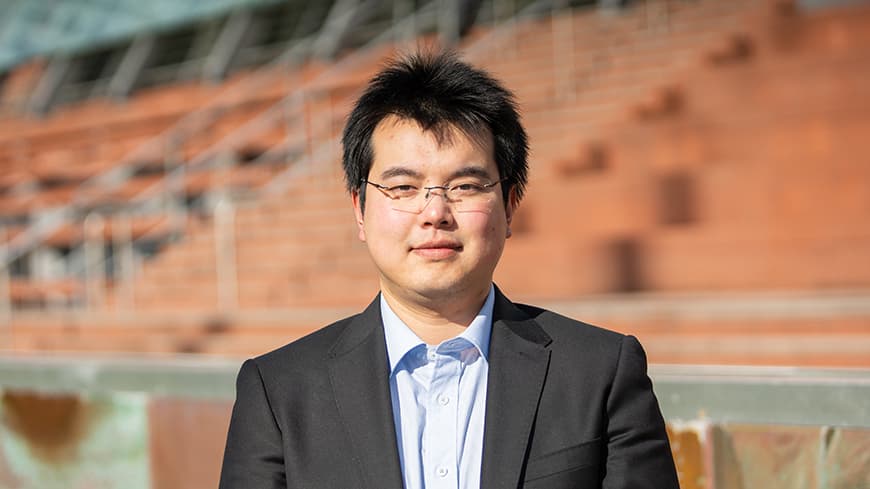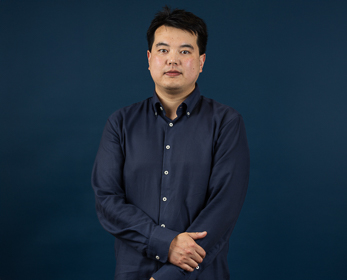Following the disruption of COVID-19, the global tourism industry has largely opened up again; however, travelling remains a serious challenge for a large group of people.
The World Health Organization estimates 20 per cent of the world’s population suffer from non-communicable chronic diseases such as diabetes, heart disease, cancer, or mental disorders.
These conditions can make travelling difficult, while some people may even avoid taking holidays altogether.
A cross-disciplinary research project from Edith Cowan University has highlighted the impacts this decision can have on people with these health challenges, and outlined the future repercussions for the industry as a whole.
Through collaboration between ECU’s School of Business and Law and its Centre for Precision Health, the project has put forth the concept of ‘travel therapy’, which sees tourism as a means of improving mental health and wellbeing.
Researcher Dr Jun Wen said it is vital the tourism industry catered more to vulnerable people with physical or psychological disorders, a market he described as important but too often overlooked.

“Most are able to travel but remain vulnerable during trips and need intensive services,” he said.
“The world has an ageing population, so there will be more and more people dealing with the challenges that brings, like dementia, physical limitations and so on.
“There are also more people being diagnosed with mental health issues, such as depression and anxiety.
“Tourism needs to be able to accommodate vulnerable travellers such as these for the industry’s survival — but also because health is important and as our previous work has shown, tourism can help support health.”
What the industry can do
Dr Wen said there are numerous initiatives which could make destinations more accessible for vulnerable people.
Strategies could be implemented throughout the tourism industry chain (food, accommodation, transportation, travel, shopping, and entertainment) and could include considerations or allowances for caregivers who may need to accompany travellers.
Dr Wen said education was critical.
“Staff and stakeholders need training to be made aware of vulnerable travellers’ needs and demands,” he said.
“This can include developing manuals to standardise services for vulnerable travellers, enhancing accessible infrastructure and equipping professional emergency and care facilities appropriately, such as with first-aid tools.
“The industry can also customise services for different traveller segments, such as people with dementia, depression or anxiety.”
Dr Wen said technological advances could also play a great role in bringing the benefits of tourism to more people.
“Not everyone can take physical trips,” he said.
“The tourism industry should develop virtual products that enable all travellers to be present in a destination and to enjoy fun and health-related benefits.”
‘Travel medicine in hospitality: An interdisciplinary perspective’ was published in the International Journal of Contemporary Hospitality Management.
ECU authors on this study were Ms Fangli Hu, Dr Jun Wen and Professor Wei Wang.
 More and more people will soon be considered vulnerable travellers due to ageing and increasing diagnoses.
More and more people will soon be considered vulnerable travellers due to ageing and increasing diagnoses.



